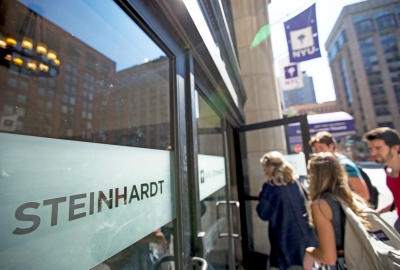The course explores queer and transgender identity through the lens of film and
visual media. Through readings, films, and assignments, students investigate key historical moments of queer representation across a range of aesthetic genres, including Hollywood films, television, documentary, and New Queer Cinema, with emphasis on the American cultural context. Using key tools and insights from queer theory, we “read” these works as cultural texts that shed light on the ongoing struggle over gender representation, identity, and appropriate
sexual behaviors.
Course #
MCC-UE 1045
Credits
4
Department
Media, Culture, and Communication


